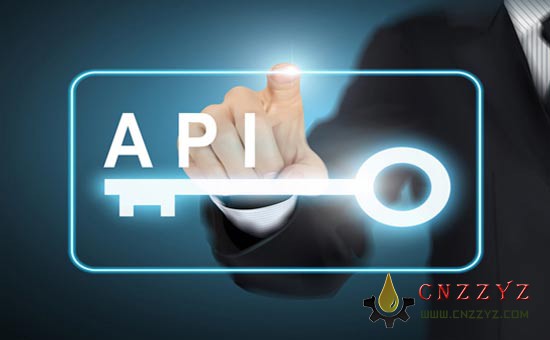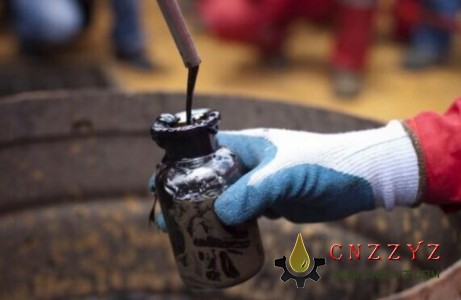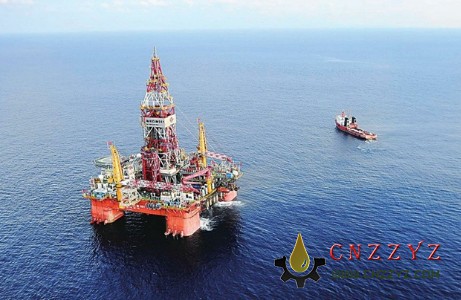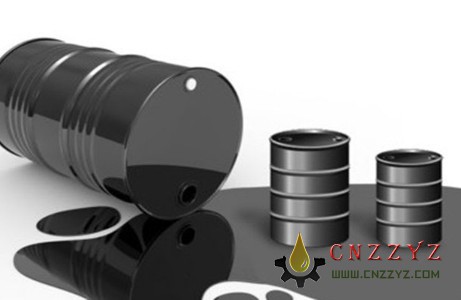石油设备网讯 据巴库普氏能源资讯5月30日消息,日本官员周三表示,日本急于在阿塞拜疆和哈萨克斯坦的里海地区投资,以减少对中东国家的依赖,尤其是沙特阿拉伯、阿联酋和伊朗。
日本也旨在避免从伊朗进口急剧下降,寻求某种形式的豁免重申美国对伊朗的制裁,主要的石油和天然气部门副主任在日本经济产业省,贸易和工业(METI),Daisuke副大臣,会议间隙告诉普氏在巴库。
日本国家控股公司JOGMEC周三签署了一份谅解备忘录,内容是在“有前途的”区块进行石油勘探合作。阿塞拜疆是世界上最古老的石油工业之一。该协定还包括技术合作和培训,特别是加强采油技术。
日本的Inpex持有阿塞拜疆的旗舰石油综合企业ACG (azerig - chirag - deepwater - deepwater Gunashli)和BTC管道的股份,以及哈萨克斯坦的Kashagan油田。日本议会副部长在一次会议上的讲话中指出,日本伊藤忠商事株式会社(Itochu)也持有ACG的股份。
平木说,ACG和Kashagan等项目“从能源多样化的角度来看,对日本的能源安全极其重要”。“日本与里海地区关系密切……”里海地区自然资源的潜力仍然很大。
今年3月,国有的JOGMEC向Inpex提供了600亿日元(合5.5亿美元),以支持哈萨克斯坦Kashagan油田的扩张。
里海石油仅占日本进口的一小部分。Hirota说,去年从哈萨克斯坦进口了大约28,000桶/天,相比之下,从中东进口的石油要多得多,从俄罗斯进口185,000桶/天,后者主要是从俄罗斯远东进口的轻油。
但Hirota表示,里海石油项目通过紧急情况下的潜在互换安排,为能源安全提供了要素,而产量的进一步增加可能有助于抑制该地区相对昂贵的原油价格。
胡晶晶摘译自普氏能源资讯
原文如下
Japan is keen to back oil investments in the Caspian states of Azerbaijan and Kazakhstan as it tries to reduce its reliance on Middle Eastern countries, particularly Saudi Arabia, the UAE and to a lesser extent Iran, Japanese officials said Wednesday.
Japan also aims to avoid a sharp drop in imports from Iran and to seek some form of exemption from the renewed US sanctions against Tehran, the principal deputy director of the oil and gas division at Japan's ministry of economy, trade and industry (METI), Daisuke Hirota, told Platts on the sidelines of a conference in Baku.
Japanese state-controlled company JOGMEC signed a memorandum of understanding Wednesday on cooperating in oil exploration at "promising" blocks offshore Azerbaijan, which is home to one of the world's oldest oil industries. The agreement also covered technological cooperation and training, notably in enhanced oil recovery techniques.
Japan's Inpex holds stakes in Azerbaijan's flagship oil complex ACG (Azeri-Chirag-Deepwater Gunashli) and the BTC pipeline, and in Kazakhstan's giant Kashagan field. Japan's Itochu also holds a stake in ACG, Daisaku Hiraki, parliamentary vice-minister at METI, noted in a speech to the conference.
Projects such as ACG and Kashagan "are extremely important for Japan's energy security from the viewpoint of energy diversification," Hiraki told the event. "Japan has been strongly tied to the Caspian region... Much potential of natural resources still exists in the Caspian region."
In March, state-owned JOGMEC provided Inpex with Yen 60 billion ($550 million) to support expansion of Kazakhstan's Kashagan field, which came on stream in 2016 after much delay.
Caspian oil accounts for only a small share of Japan's imports. Around 28,000 b/d was imported from Kazakhstan last year, compared with much larger amounts from the Middle East, and 185,000 b/d from Russia, the latter being mainly light oil shipped from the Russian Far East, Hirota said.
But Caspian oil projects provide an element of energy security through potential swap arrangements in emergency situations, and further increases in production could help restrain prices for the region's relatively pricey crude, Hirota said.






